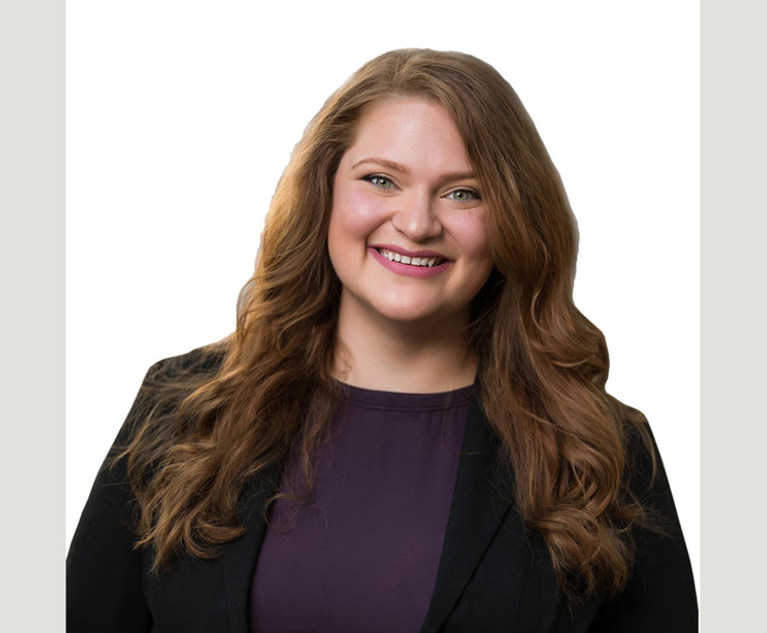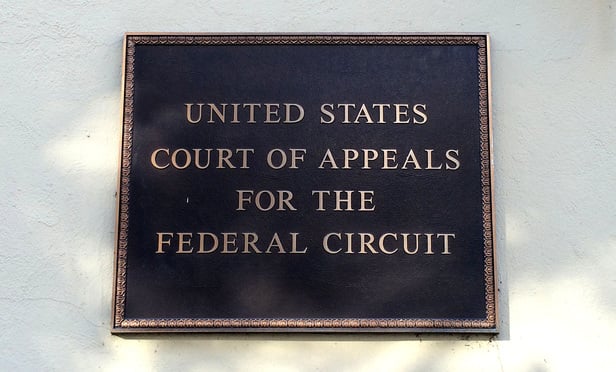
July 01, 2021 | Law.com
Supreme Court Narrowly Interprets CFAA to Avoid Criminalizing 'Commonplace Computer Activity'The Court held that only those who obtain information from particular areas of the computer which they are not authorized to access can be said to "exceed authorization."
By Patricia Kim and Maren Messing
10 minute read

July 01, 2021 | New Jersey Law Journal
Judicial Recusal: Required or Ill-Advised?Just as a court is required to recuse itself to avoid impropriety, so should a judge remain on a case when a party seeks an unfair advantage by pushing for judicial recusal.
By Ellen L. Koblitz and Kim D. Ringler
6 minute read

June 08, 2021 | Texas Lawyer
E-Discovery in a Post-COVID WorldWhen it comes to e-discovery, savvy litigants and litigators who take the time to proactively tweak their practices now will be well-positioned for effective advocacy (and intact litigation budgets) in a post-COVID world.
By Kim Beight Kelly
3 minute read

May 07, 2021 | New Jersey Law Journal
In Search of Full Prosecutorial AccountabilityThe absence of advisory opinions or disciplinary sanctions despite judicial determinations of reversible error suggests that the attorney regulatory process is underutilized with respect to prosecutorial misconduct.
By Ellen L. Koblitz and Kim D. Ringler
9 minute read

March 26, 2021 | Legaltech News
Managing a Cyber Crisis: 7 Practical Tips to Recover with StrengthAs companies confront the ever-evolving cyber threat landscape, here are seven practical tips for incident response in 2021.
By Kim Peretti and Kate Hanniford, Alston & Bird
6 minute read

March 04, 2021 | Law.com
Managing a Cyber Crisis: 7 Practical Tips to Recover with StrengthAs companies confront the ever-evolving cyber threat landscape, here are seven practical tips for incident response in 2021.
By Kim Peretti and Kate Hanniford
6 minute read

February 17, 2021 | New Jersey Law Journal
Dealing With Lying LawyersOccasionally lawyers step so far over the line as to be abusive to the other party or dangerous to the public. The judicial system, judges and professional ethics watchdogs must decide where the bumpers on acceptable conduct lie and then act to preserve the boundaries on attorney conduct.
By Ellen L. Koblitz and Kim D. Ringler
7 minute read

January 26, 2021 | Law.com
Exercising Restraint: Federal Circuit Affirms Dismissal of Declaratory Judgment Action Under Abstention DoctrineThe Federal Circuit affirmed the dismissal of a declaratory judgment action based on the "abstention doctrine," despite the declaratory judgment plaintiff's insistence that the underlying contract dispute required resolution of patent validity and claim scope that were within the federal courts' exclusive purview.
By Rudy Kim and James Hancock
11 minute read

December 23, 2020 | The Legal Intelligencer
What Affirmative Action Does the Bankruptcy Code's Automatic Stay Require a Creditor to Take?In City of Chicago v. Fulton, the U.S. Supreme Court is poised to rule on whether a creditor must, under the automatic stay provision of the Bankruptcy Code, affirmatively return property to a debtor once she files a petition for relief.
By Rudolph J. Di Massa Jr. and Diane J. Kim
7 minute read

December 16, 2020 | New Jersey Law Journal
Duty of Competence: A Case StudyCompetence is a bedrock obligation of every lawyer in every setting, even pro-bono representation, and deviation from the standard of practice may qualify as professional malpractice.
By Ellen L. Koblitz and Kim D. Ringler
7 minute read
Trending Stories
- 1How Marsh McLennan's Small But Mighty Legal Innovation Team Builds Solutions That Bring Joy
- 2When Police Destroy Property, Is It a 'Taking'? Maybe So, Say Sotomayor, Gorsuch
- 3New York Top Court Says Clickwrap Assent Binds Plaintiff's Personal-Injury Claim to Arbitration in Uber Case
- 4'You Can’t Do a First Draft of Common Sense': Microsoft GC Jon Palmer Talks AI, Litigation, and Leadership
- 5About the Awards: Southeastern Legal Awards Q&A with Regional Managing Editor Michael Marciano
More from ALM
- Legal Speak at General Counsel Conference East 2024: Match Group's Katie Dugan & Herrick's Carol Goodman 1 minute read
- Legal Speak at General Counsel Conference East 2024: Eric Wall, Executive VP, Syllo 1 minute read
- Legal Speak at General Counsel Conference East 2024: Virginia Griffith, Director of Business Development at OutsideGC 1 minute read



